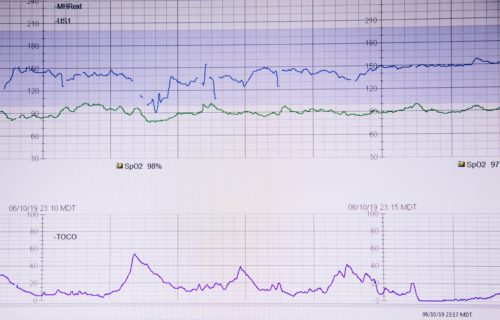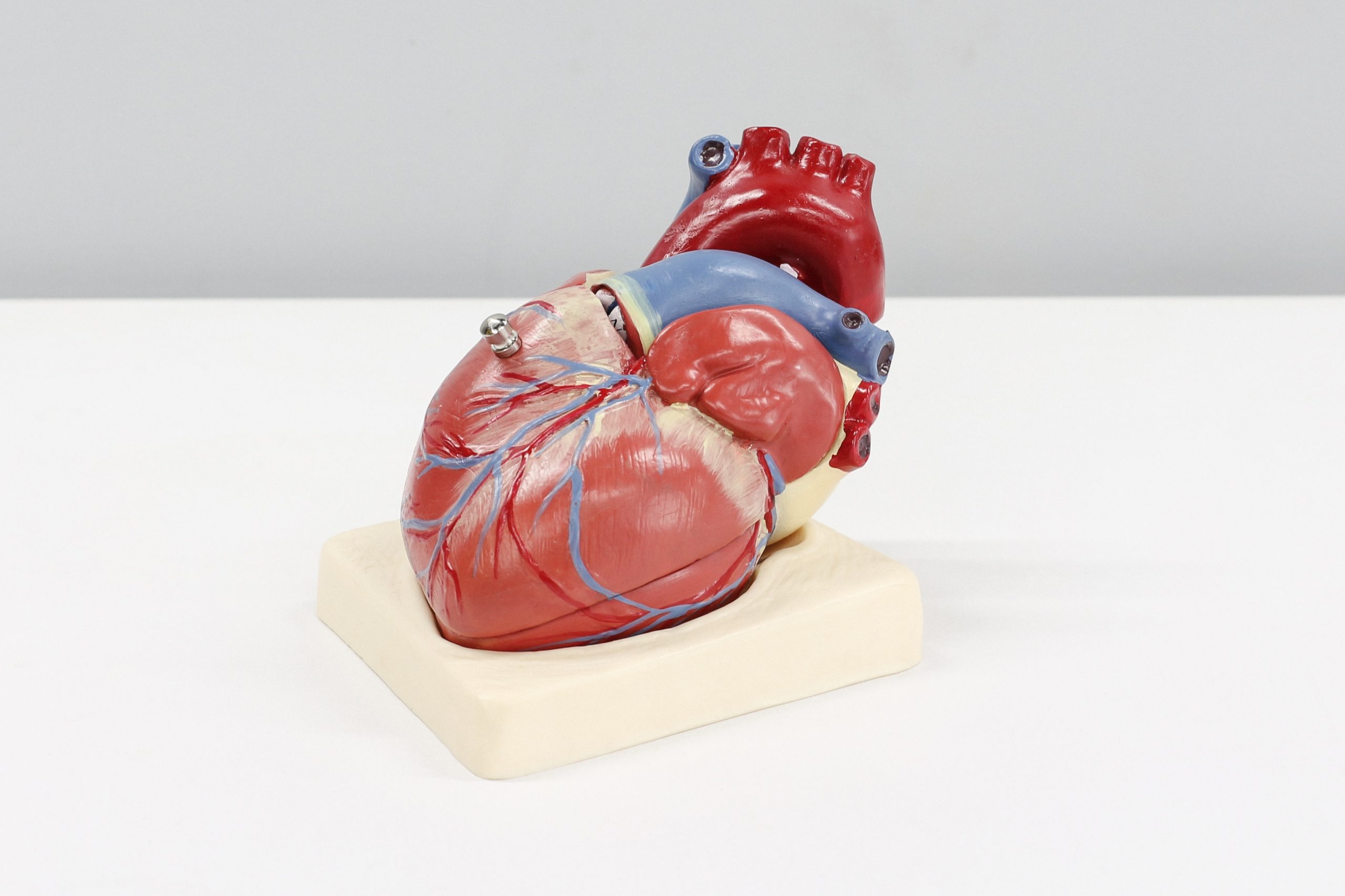Are you thinking of starting a career in the heart health industry as a cardiographic technician? Working with advanced technologies to diagnose and monitor cardiac conditions is an incredibly rewarding profession that can be lucrative for those who are willing to put in the time and effort. For many people, this field provides an opportunity to help others while also pursuing their passion.
Whether you’re just beginning your journey into becoming a cardiographic technician or considering making a change from another medical role, there are plenty of resources available to make sure you stay on track and succeed in this fulfilling career path. Read on to find out more about what it takes to become a cardiographic technician!
Understand What Cardiographic Technicians Do
Cardiographic technicians are a vital part of the healthcare team. These professionals are responsible for operating and maintaining electrocardiogram (ECG) machines, which test a patient’s heart performance. Their duties include preparing patients for procedures, explaining the process to them, and monitoring their condition throughout the test.
In addition, cardiographic technicians must be trained to identify abnormal heart rhythms and other complications during testing. To become a cardiographic technician, you will need the right qualifications, including a high school diploma and specialized training. Certification is also required in some states. With the increasing prevalence of heart disease, the role of cardiographic technicians is more important than ever before.
Research The Different Types of Employers
Cardiographic technicians are in high demand in a variety of settings, including hospitals and cardiac care units. As is mentioned on the EKGTechs page, these healthcare professionals play a vital role in monitoring and interpreting the electrical impulses of the heart, aiding physicians in diagnosing and treating heart conditions. While hospitals are the primary employers of cardiographic technicians, they are also found in outpatient clinics, private practices, and diagnostic laboratories.
Regardless of the specific employer, cardiographic technicians must possess a strong knowledge of human anatomy and physiology, as well as a keen eye for detail and the ability to work efficiently under pressure. With the prevalence of heart disease continuing to rise, the need for skilled cardiographic technicians is only expected to increase in the coming years.
The Education and Training Required For A Career in This Field
If you have a passion for healthcare and a keen eye for technical details, becoming a cardiographic technician may be the perfect career for you. To start on the path toward this fulfilling profession, you’ll need to earn the right qualifications and credentials.
Typically, this means completing a postsecondary education program in cardiovascular technology or a related field, along with gaining clinical experience through an internship or other training program. Once you’ve successfully passed an accredited certification exam, you’ll have the skills and expertise needed to perform a wide range of cardiac tests and procedures, helping doctors and other healthcare professionals deliver critical care to patients in need. So if you’re ready to take your love of healthcare to the next level, becoming a cardiographic technician could be the ideal choice for you.
A Resume and Cover Letter that Highlights Your Knowledge
Creating a strong resume and cover letter that showcases your knowledge, skills, and experience is essential in any job search. As you navigate your career path, it’s important to tailor your application materials to each opportunity you pursue. Your resume should highlight your professional accomplishments and demonstrate your ability to excel in your field. Your cover letter is your chance to show your enthusiasm for the role and showcase any relevant experiences or qualifications that make you an ideal candidate. With some effort and attention to detail, you can craft a standout resume and cover letter that will help you land your dream job.
Search for Cardiographic Tech Job Openings Online
As technology continues to advance, so does the demand for skilled professionals in the healthcare industry, particularly in the field of cardiography. With the convenience of the internet, job seekers are now able to easily search for and apply to various job openings.
Job boards and career websites are great resources to find opportunities in the field of cardiographic technology. These websites provide users with the ability to filter their search by location, experience level, and more, making it easier to find the perfect job opportunity. So why wait? Start your search online today and take the next step toward a career in cardiography.

Prepare Yourself For An Interview
As you prepare for your upcoming interview, it’s important to do your homework on the medical equipment used by technicians in the field. Take some time to research the different types of equipment and their functions, as well as any advancements or new technologies on the horizon.
Moreover, you should familiarize yourself with common questions asked during interviews in this industry. Practice answering questions about your experience, qualifications, and goals, as well as situational questions that may arise. By educating yourself on both the equipment and interview process, you’ll be well-equipped to confidently showcase your knowledge and skills to potential employers.
Becoming a cardiographic technician is an exciting and rewarding career path. The position requires specialized knowledge, skills, and experience to succeed. It is important to research and educate oneself on the duties, qualifications, and certifications necessary for this position, as well as research different employers that hire cardiographic technicians.
Furthermore, constructing a resume and cover letter that effectively demonstrate competencies applicable to this occupation, along with actively searching online job boards and attending interviews are vital steps in the application process. With dedication and perseverance, one can become a certified cardiographic technician in no time.

